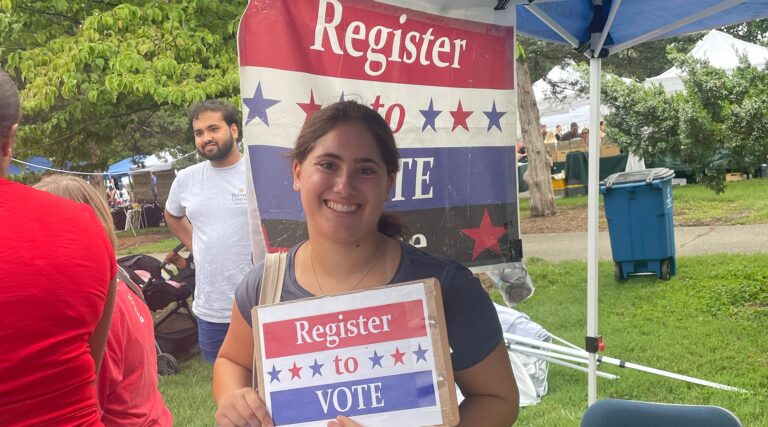“As a result, many of us are left in a difficult position where it feels like we must choose between our Jewish identity and our political beliefs. It’s a tough spot to be in, and I think you will see many Jewish young people wrestling with this decision as we approach the election.”
While the war in Israel may have sparked a reevaluation of political allegiances among young Jewish voters, it remains to be seen how these shifts will play out in the voting booth. As the election draws nearer, the intersection of identity, politics, and policy will continue to be a key consideration for many young Jewish voters like Hockfield, Chirashnya, and Cohen.
Their decisions will not only shape the outcome of the election but also reflect the complex and evolving relationship between Jewish identity, support for Israel, and domestic political issues in the United States.
For now, as the candidates make their final appeals and the campaign heats up, young Jewish voters are left to grapple with these weighty questions in a deeply polarized political climate.
And come Nov. 8, when Hockfield, Chirashnya, Cohen, and countless others cast their ballots, the world may just witness the impact of a war thousands of miles away on the outcome of an election that will shape the future of a nation.
I find it unlikely that the recent surge in antisemitism will significantly impact the voting behavior of young Jews, as many of them still align with the Democratic Party. However, this trend could raise concerns for the future.
According to Schmeltz, Biden has been vocal in denouncing antisemitism and supporting Israel, which is reassuring for many young Jewish voters.
While Israel may not be a top priority for young voters overall, Schmeltz notes that the majority of young American Jews strongly condemn antisemitism and remain steadfast in their support for Israel.
A recent survey by the Anti-Defamation League revealed that 73% of Jewish college students have encountered or witnessed antisemitism on campuses this year.
Schmeltz emphasizes the potential influence of young Jewish voters in close political races, despite their relatively small population size.
For some young voters, addressing concerns about Israel and antisemitism through legislative action could sway their voting decisions.
“Especially considering the prevalence of antisemitism on university campuses, advocating for legislation to prevent such incidents could impact my voting choice,” said Chirashnya.

